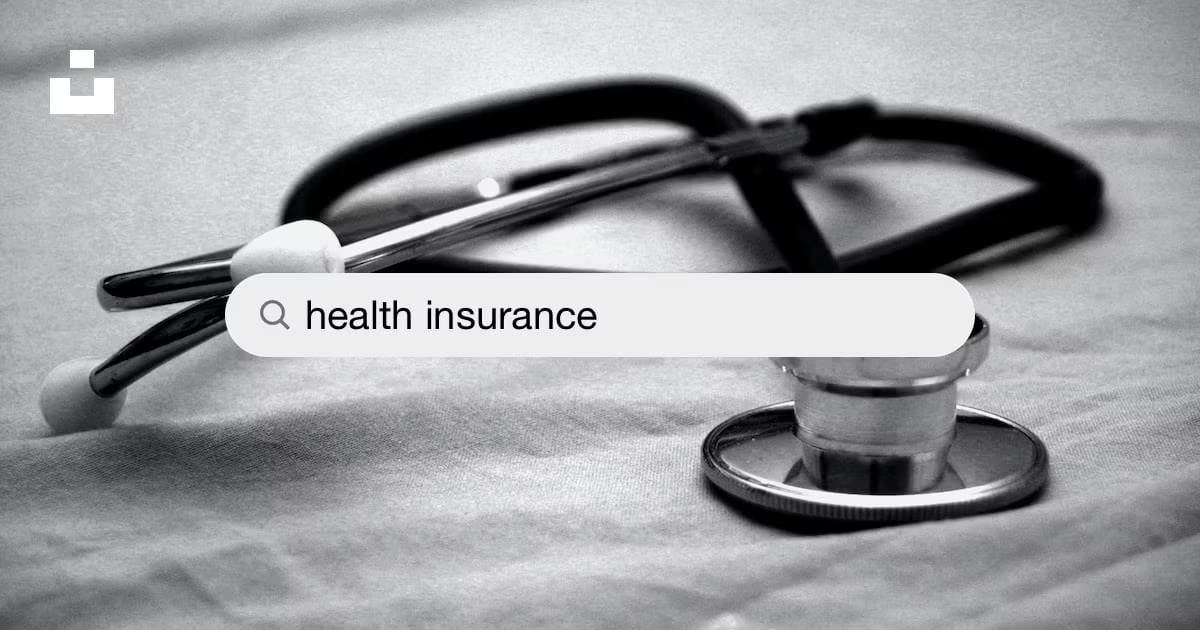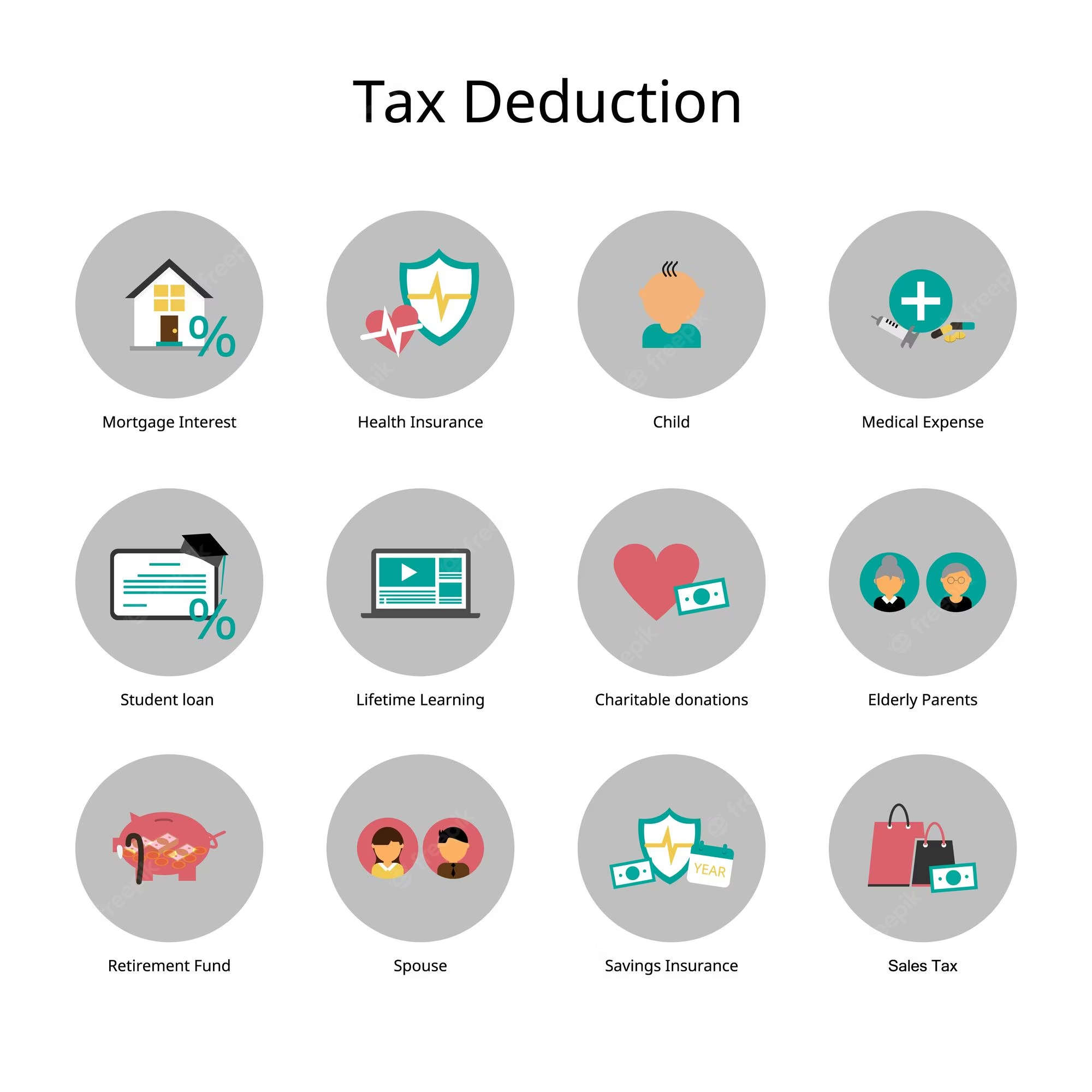Having a health insurance plan helps a lot when it comes to paying really expensive medical bills. Depending on the established policy, it can offer different benefits and amounts of coverage. However, is there a way to have two health insurance providers instead of one?
The answer is yes! You can have coverage through different health insurance plans, but it is under certain circumstances. You would have to get in contact with your insurers to coordinate the payment of medical expenses.
That is why in this article we will tell you about which situations can apply for having two health insurances, as well as some details on the coverage of medical bills of treatments and procedures.
Situations where you can have two health insurance providers
Contents
Coordination of benefits is the process of working with both insurers and discuss with them how you can pay the medical expenses; with this, you could even maximize your healthcare benefits. But first, you should know how it is possible to have two different plans. Here are some examples where you can find yourself in:
- You are under 26 years old, with married or divorced parents with different insurers. They could list you as a dependent of each one.
- Married couples can possess different insurances plans and providers thanks to their employers.
- If you are married but under 26 years old, then you can have your parent’s insurance but also your wife’s.
- You can also be eligible for Medicaid and at the same time have another health insurance.
- Your employer’s insurance can also coordinate with the one from your parents if you are under 26 years old.
Understanding the difference between a primary and secondary insurer
Having two health insurance providers can help you pay for the medical treatments you need. However, it does not mean that they work at the same time; one is classified as the primary insurer, and the other one stays as a secondary insurer.
The former is your principal coverage and is the first to pay for medical bills; while the latter pays the remainder that the primary did not pay (part or even the full bill). This means that both health insurances cannot pay more than 100% of the medical costs you received.
On top of that, there can be some out-of-pocket costs that you need to pay on your own, but with two health insurances, it will be cheaper than when you only had one.
➡LEARN MORE: Pros and Cons of Long-Term Care Insurance
How do I know which of the two health insurers is the primary?
Now that you know how you can be in two different insurance policies, it is time to determine which of them pays first for your medical expenses. In the case of being less than 26 years old and both of your parents have different insurance, it can be decided with the Birthday Rule.
Simply put, the parent whose birthday comes early in the year is determined to be the primary insurance plan. So if, for example, the mother’s birthday falls in February and the father’s in January, then the primary insurance is the one from the father.
On the other hand, there are other ways to determine the primary and secondary coverage of the two health insurers:
- For people under 26 and divorced parents, the one with custody over the child gets to be the primary coverage. Although, if they have joint custody, they have to use the Birthday Rule.
- If you are married and both possess insurance from your employers, yours comes as primary, and your spouse’s as secondary.
- For a married person under 26, your spouse’s plan comes first and then your parent’s coverage.
- For Medicaid plans, it is considered as secondary coverage, while your health plan becomes the primary.
In conclusion, it is totally legal to have two health insurers, and determining which one is the primary coverage is the first thing you got to do. Even if the principal insurer does not cover specific treatments, you can look to your other insurer for help.




